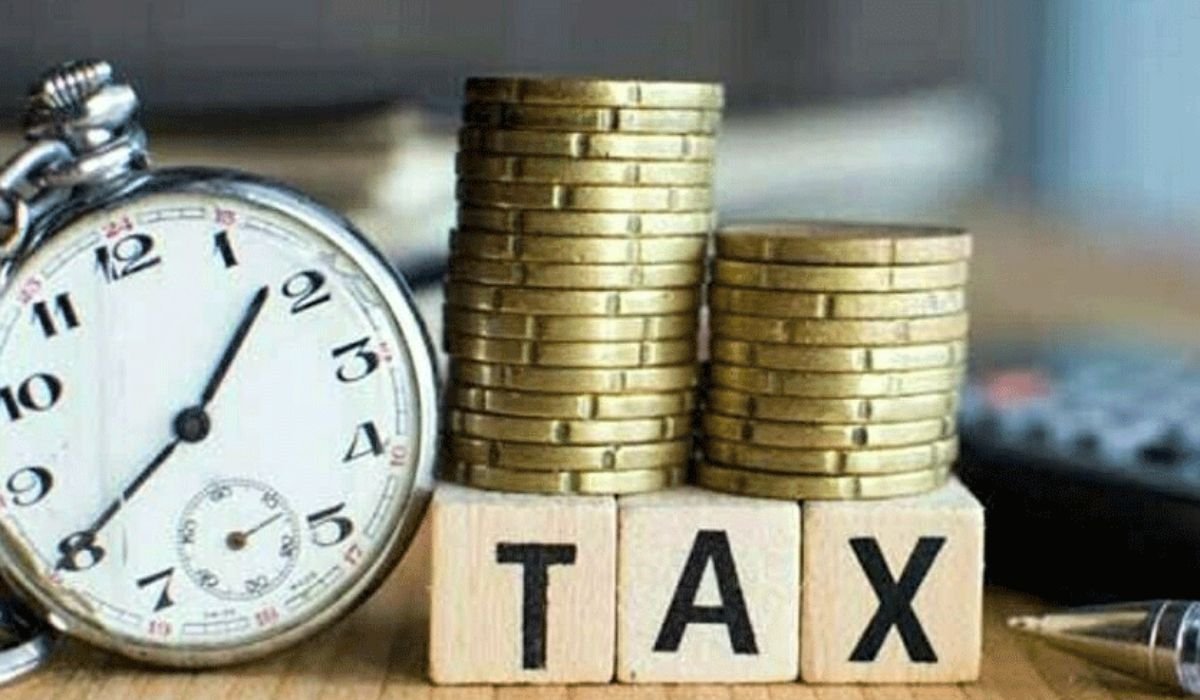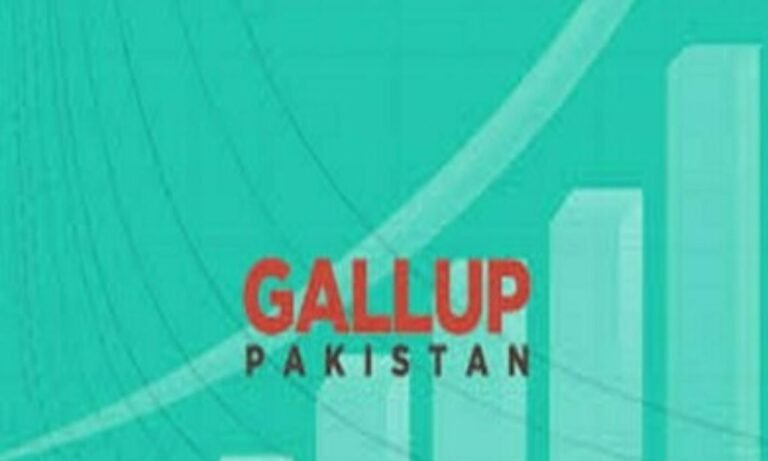Pakistan Shelves Mini-budget after IMF Concerns
Amid mounting fiscal challenges, Pakistan has abandoned plans for a mini-budget, choosing instead to strengthen enforcement of existing tax laws while seeking IMF relief. Officials said the strategy aims to protect citizens from additional financial burdens after devastating floods.
The Federal Board of Revenue (FBR) Chairman Rashid Mahmood Langrial emphasized there will be no mini-budget or new taxes. Instead, the government will pursue compliance measures to boost collections and brief the IMF on current shortfalls.
This decision follows reports that a Rs50 billion mini-budget was initially considered to offset revenue gaps. Proposed measures had included higher levies on cigarettes, luxury vehicles, and imported electronics. However, the plan has been shelved ahead of IMF talks.
FBR data shows collections of Rs901 billion in August against a target of Rs951 billion, leaving a Rs50 billion gap. Officials blame floods, slower electricity and gas usage, and sluggish business activity for the shortfall. The government’s annual tax target for FY2025 stands at Rs14,131 billion.
Finance Ministry insiders said the IMF will be asked to allow adjustments in revenue targets, recognizing the flood-induced economic strain. Relief measures under discussion include electricity bill concessions for affected households and easier repayment terms for farmers.
Read More: Global Stimulus Hopes Lift Asia, PSX Joins Rally
Prime Minister Shehbaz Sharif has instructed negotiators to build a strong case for Pakistan’s economic relief. The government maintains that strict enforcement of current tax measures can help raise revenue without the need for new levies.
Yesterday it was reported in the Profit that the federal government has failed to deliver on its $7 billion IMF bailout pledge to reform state-owned enterprises (SOEs) under a new governance framework.
Resistance from major entities, including Pakistan Railways, Wapda, and Pakistan Telecommunication Corporation, has stalled progress on separating policymaking from operations and adopting international best practices.
Despite achieving fiscal targets, Pakistan’s debt has surged to Rs80.5 trillion, with the debt-to-GDP ratio exceeding 70%.







